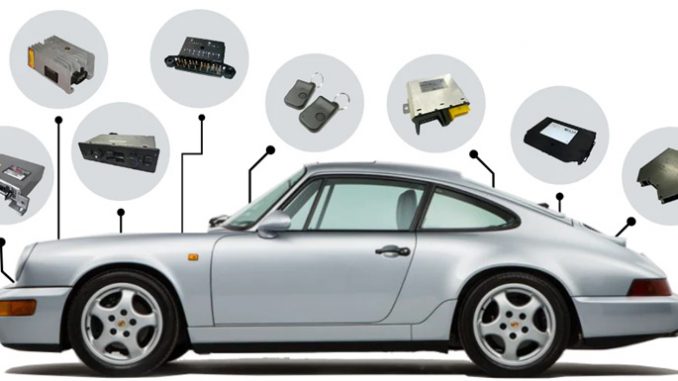
If you’re considering buying a Porsche or already own one, it’s important to be aware of the common problems that can arise with these vehicles. In this blog post, we’ll discuss eight of the most common issues and provide some explanations to help you understand them better. More information about Porsche, click Porsche trouble repair.
1. Check Engine Light (CEL): Like any car, a Porsche can experience issues that trigger the Light can range from minor problems like vacuum or coolant leaks to more serious issues. It’s best to consult a repair shop for an accurate and proper solution.
2. Oil Leaks: Oil leaks can cause significant damage if left untreated. The rear main seal and valve cover are common sources of leaks in Porsches. Replacing these seals or gaskets should be done by professional mechanic to ensure it’s done correctly.
3. Air Oil Separator (AOSOS is a crucial component of the system in Porsche engines. Issues with the AOS can cause check engine lights, emission faults, and excessive oil consumption. Regular checks by a qualified mechanic are.
4. Low or Flat Battery Power: orsches that spend more time in storage can experience battery drain. This can lead to various problems as important systems continue to use battery power even when the car is not in use. Using a battery maintainer during periods of storage can help prevent this issue.
5. Coolant Leaks: While Porsches are generally reliable in terms of cooling systems, there are weak areas that can cause leaks. Issues with plastic coolant pipes, radiators, and water pumps can lead leaks. Regular maintenance and inspections can help.
6. Gear Moving to Neutral: This issue is specific to manual transmissions in certain Porsche models. It the second gear to neutral by itself due to damage to the dog ring or op-sleeve. Replacing these parts is usually necessary to fix the problem.
7. Smoke on Startup – Cold Engine: A puff of smoke at startup is common in Porsches indicates wear and tear. Regularly starting the engine can help prevent this issue. If problem persists, it may be necessary to replace the fuel injectors or address issues with the air oil separator.
8. Heavyutch Pedal: If you have an early model Porsche 911 Turbo with a heavy clutch pedal before starting the engine, it’s likely due a faulty pressure accumulator. Replacing both and clutch slave cylinder is recommended to address this problem.
Owning a Porsche can be a rewarding experience, but it’s important to be aware of these common issues. Regular maintenance and inspections, along with consulting a qualified mechanic, can help keep your Porsche running smoothly for years to come.
If you need Porsche diagnostic tools, Please vitit our website:https://www.autonumen.com